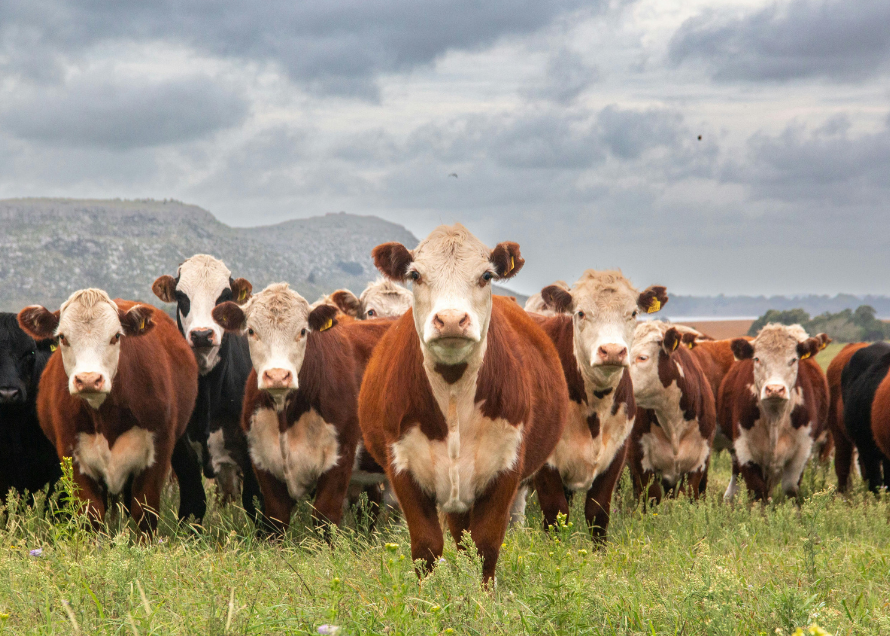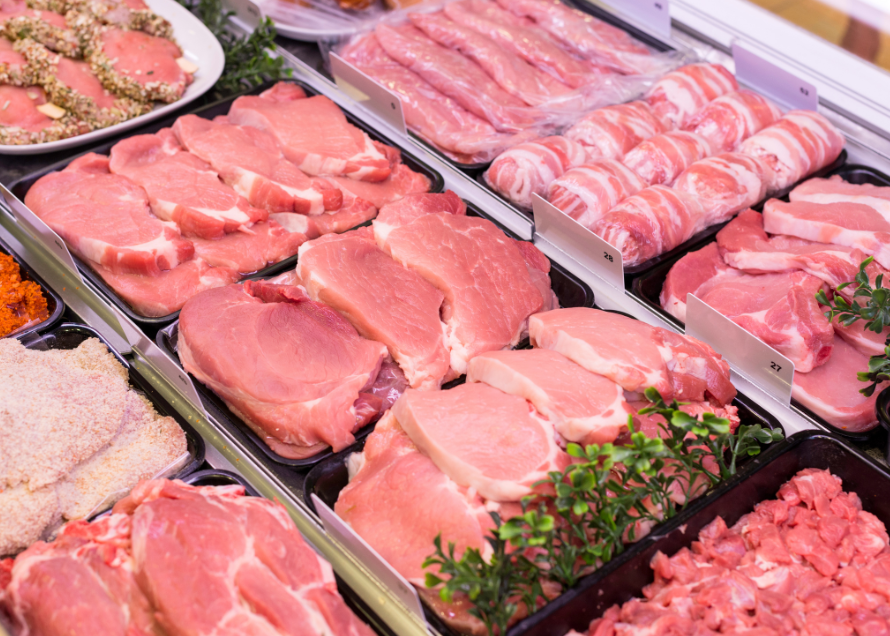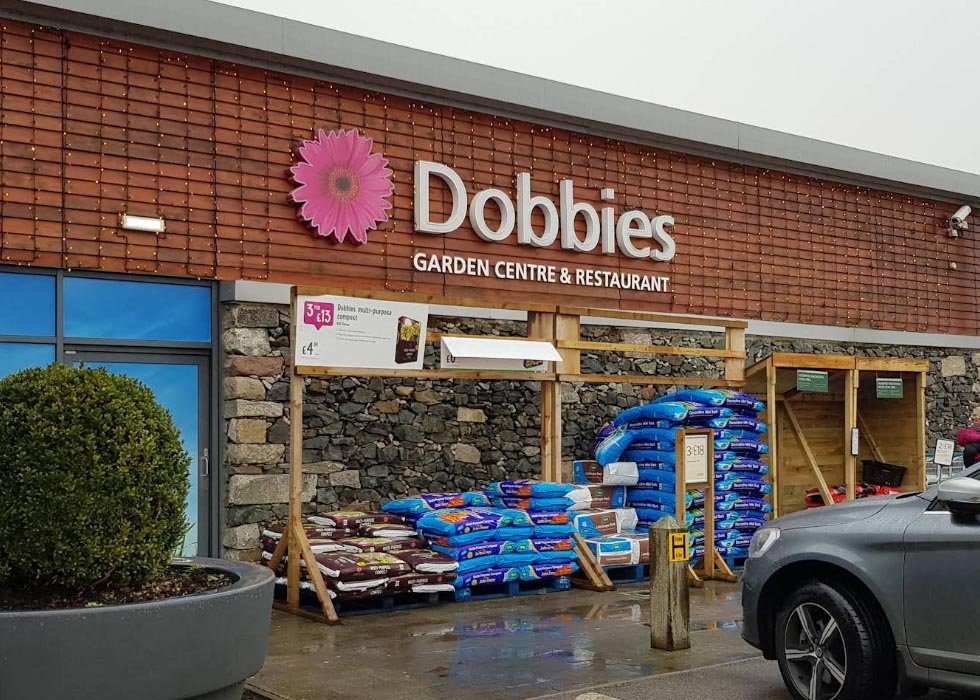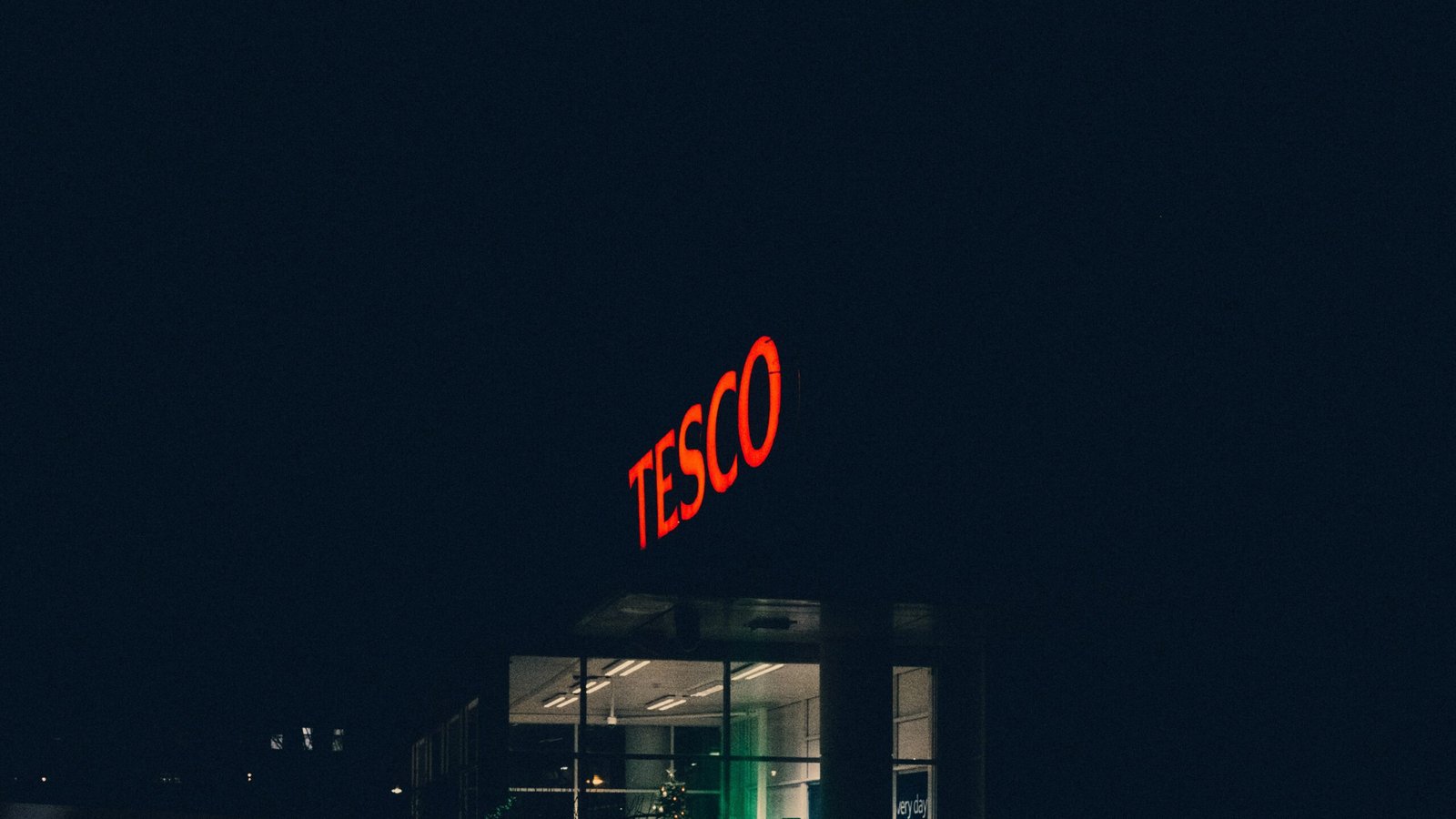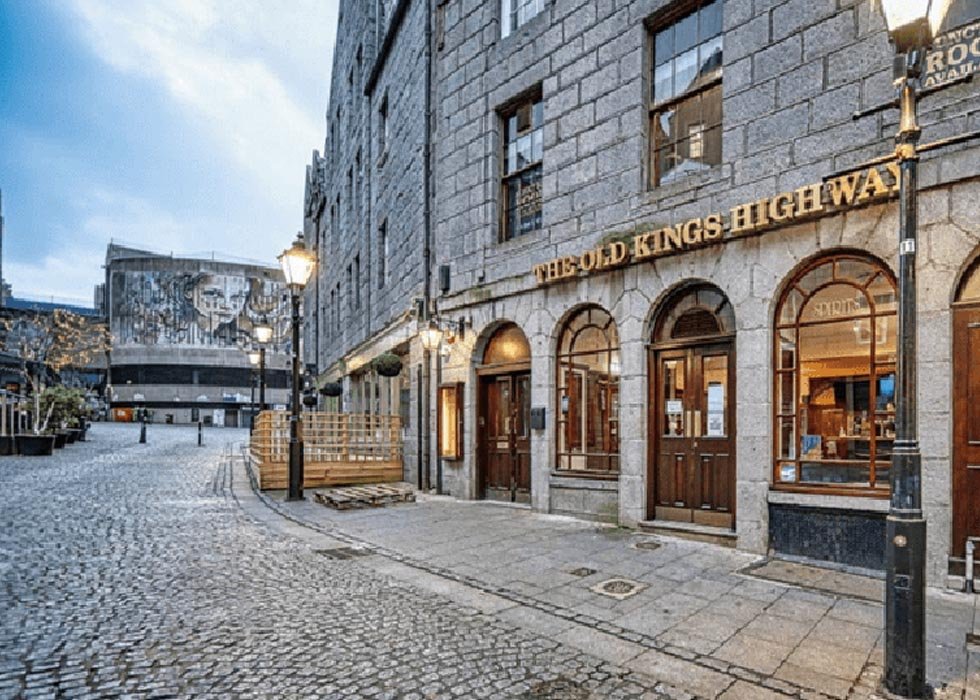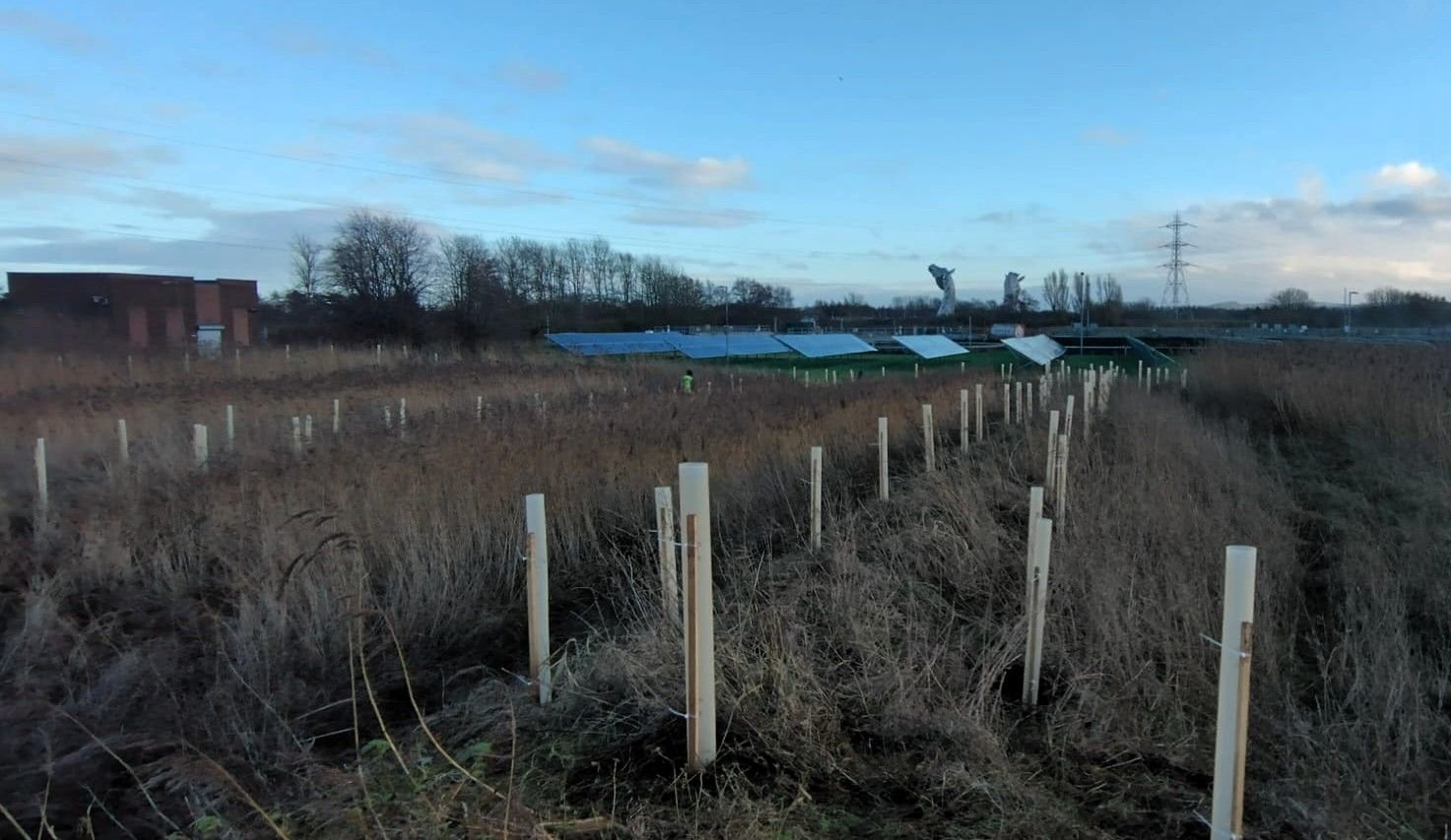For most shoppers, the decision to pick up a pack of beef or lamb takes just seconds. It’s not a detailed analysis of carbon labelling, supply chain credentials or environmental claims, it’s a quick judgement call. As ABP’s Director of Agriculture and Sustainable Sourcing, Phil Hambling, puts it, “Busy consumers want confidence that the job is being done right, that their meat has been produced to high standards of welfare and sustainability – and then they want to enjoy their meal.”
This belief underpins ABP’s £1.5 million investment in PRISM 2030 (PRogramme for the Improvement in Sustainability of red Meat), a farmer-led initiative aimed at helping beef and sheep producers reduce their environmental impact while supporting future policy and procurement decisions with robust on-farm data.
“There’s been a lot of attention on livestock emissions, but it often overlooks the nuance of British systems,” emphasises Hambling. “Unlike many other sectors, agriculture doesn’t operate in a neat production line, it’s part of a complex natural cycle. British farms manage carbon, nutrients, biodiversity and animal welfare in an integrated way and have an incredibly strong sustainability story to tell, but that story has been undersold. With accurate data and academic insight, we can back up the continuous improvements being made and give consumers the confidence they need.”
More than 300 farmer suppliers – from Orkney to the Isle of Wight – are involved in the programme. Each has undergone a detailed carbon footprint assessment using the carbon footprint tool Agrecalc, followed by tailored recommendations on where improvements could be made to their system from The Andersons Centre and Professor Jude Capper of Harper Adams University.
“It’s not about telling farmers how to farm,” explains Hambling. “It’s about offering tools and information to support confident, informed decisions that benefit their business and the environment, so that they can continue producing a fantastic product.”
Professor Jude Capper, ABP’s Chair of Sustainable Beef and Sheep Production at Harper Adams University and one of the programme’s lead technical partners, emphasises that sustainability isn’t one-size-fits-all.
“There’s no silver bullet,” she said. “Every farm is different, so it’s about finding the small, practical improvements that make sense for your system – whether that’s improving grazing, refining breeding or reducing waste. These changes might seem minor on their own, but when hundreds of farmers are making them, the cumulative impact is substantial.”
That message was echoed at a recent gathering at Balcanquhal Farm in Fife, hosted by PRISM 2030 participants Billy and Anne Cuthbertson. The event brought stakeholders together to reflect on early results and the importance of data-led, achievable improvements at farm level.
Billy Cuthbertson, who runs a 400-acre livestock unit in North-East Fife, said, “I got involved because I wanted a better picture of how we were performing. We’d already reduced cereal use and focused more on grass, but I knew we could go further.”
Since joining PRISM, Cuthbertson has tightened calving intervals, refined his breeding strategy and made greater use of performance data. “It’s not about chasing a perfect carbon score. It’s about finding the improvements that suit your farm, make sense for your individual system, and help the business move forward in a positive manner.”
In Perthshire, Adrian Ivory, who runs a 150-cow commercial suckler herd and a 100-cow pedigree herd and who has long prioritised efficiency, takes a similarly pragmatic approach.
“PRISM gave us a way to test and track our assumptions. We’ve brought down age at slaughter, increased our in-calf rate and introduced rotational grazing. All of that improves performance, which reduces emissions. And when you’re running a commercial farm, you realise that reducing your carbon footprint can often lead to improvements in the bottom line.”
Combining insights from suppliers and scientists, Hambling sees PRISM 2030 as a catalyst for broader industry change. “We’ve already made major gains in our own operations through decades of investment, from switching to renewable energy at our plants and eliminating landfill waste, to cutting plastic use by 60% and reducing water consumption by 47%, he said. “But around 90% of red meat’s carbon footprint sits on farm. That’s where the biggest opportunities lie, and it’s our responsibility to support farmers in making practical, informed improvements.”
“At its core, this is about building confidence,” he said. “It’s a legitimate consumer expectation that farmers are upholding the highest environmental and welfare standards. Our job, as a processor and as a responsible industry, is to validate that and make sure it’s communicated clearly, so people can trust the product and enjoy it with confidence.”
“British red meat has a strong story to tell when it comes to carbon emissions and productivity. We’re improving all the time, and we’ve got the data to prove it. Now’s the time to share that with pride,” Hambling concluded.
You Might Also Like:
No related posts.
For more information on PRISM 2030, visit: https://abpsustainabilitystory.com/on-the-farm/prism-2030/
To read the PRSIM 2030 Year 2 report, visit: ABP PRISM Year 2 Report 2025 by abp.uk – Issuu

